The programming landscape is ever-changing and looking for Java alternatives is crucial.
As you embark on the journey of software development, it’s crucial to stay informed about the tools at your disposal.
You might be familiar with Java, a long-standing favorite for building robust applications.
But there’s a world of alternatives that could suit your project’s needs even better.
Whether you’re looking to break free from licensing constraints, seeking performance improvements, or simply desiring a more modern syntax, exploring Java alternatives can open up new possibilities for your work.
Switching gears from Java doesn’t necessarily mean abandoning everything you’ve learned.
Many modern languages offer interoperability, allowing for a smoother transition.
Kotlin, for example, is not only designed to be more concise and expressive, but also integrates seamlessly with Java.
This gives you the flexibility to incorporate your existing codebase into new projects.
Meanwhile, you may be inclined towards languages like Scala or Clojure, which bring in a fresh functional programming approach while maintaining strong object-oriented principles.
When you’re considering alternatives to Java, it’s important to compare features, ease of use, and compatibility with Java.
Each language offers unique benefits, whether you’re seeking more concise syntax, superior concurrency, or a different approach to object-oriented programming.
1. Kotlin
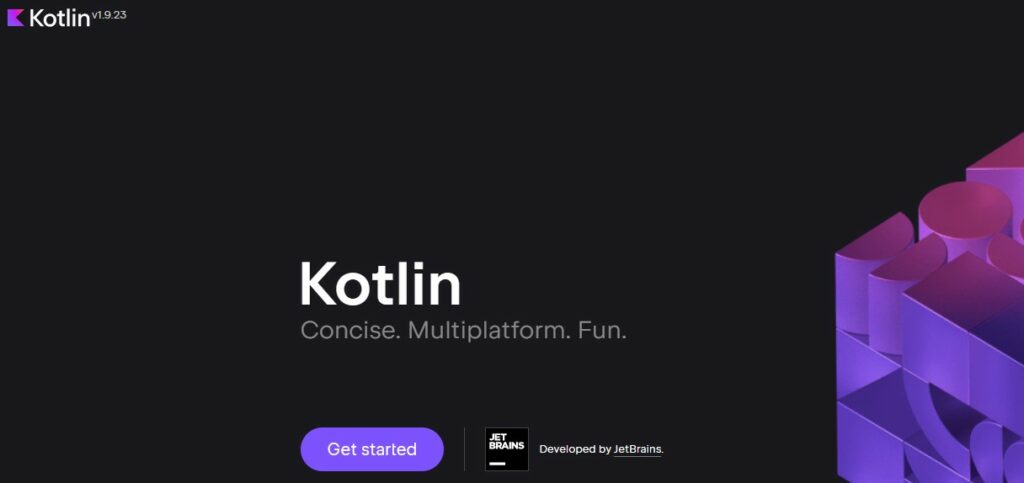
Kotlin is your modern alternative to Java that provides a more concise and expressive coding experience.
It comes with null safety, extension functions, and data classes.
What’s most impressive is Kotlin’s 100% interoperability with Java, enabling you to run Java code seamlessly within Kotlin projects.
2. Scala
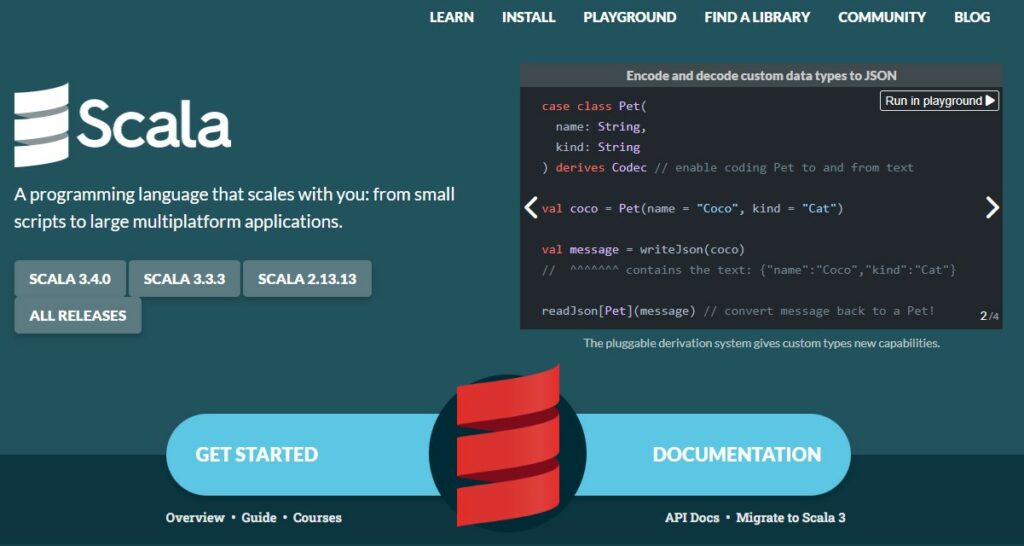
If you’re looking for a language that fuses functional programming with object-oriented design, Scala is a strong candidate.
With Scala, you gain expressive syntax and advanced features for concurrent programming, making it ideal for complex, big data operations.
3. Groovy
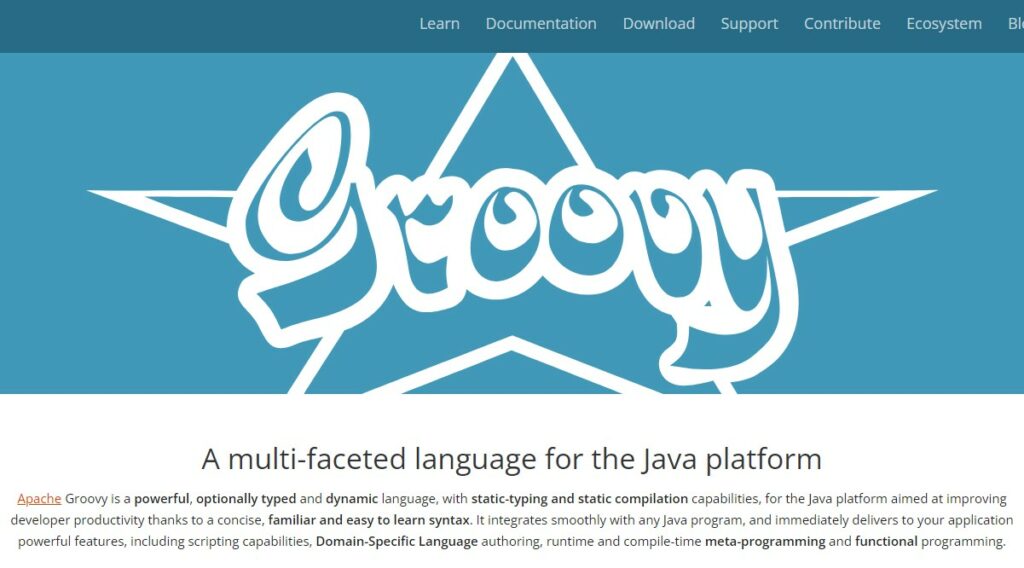
Groovy offers a simplified syntax compared to Java, boosting your productivity for scripting and domain-specific language development.
It integrates smoothly with Java and provides features like dynamic typing and meta-programming.
4. C#
As a Java alternative, C# (pronounced C Sharp) provides a robust and versatile development platform.
It’s ideal for cross-platform development, has strong typing, and supports features like LINQ (Language Integrated Query) and asynchronous programming with async/await.
5. Python
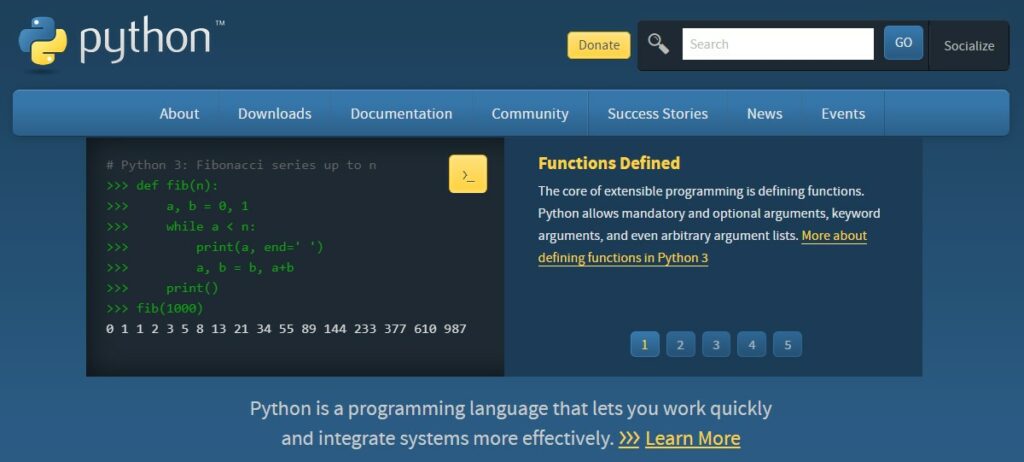
Python is recognized for being user-friendly and easy to learn, making it a great starting point for beginners and a favorite among data scientists.
What’s compelling about Python is its high-level, interpreted nature, along with a syntax that emphasizes readability and straightforwardness.
Java Alternative Frameworks and Platforms
In exploring alternatives to Java for your development needs, consider these well-established frameworks and platforms: .NET Framework, Node.js, and Ruby on Rails.
Each offers its own strengths, catering to different types of projects and developer preferences.
6. .NET Framework
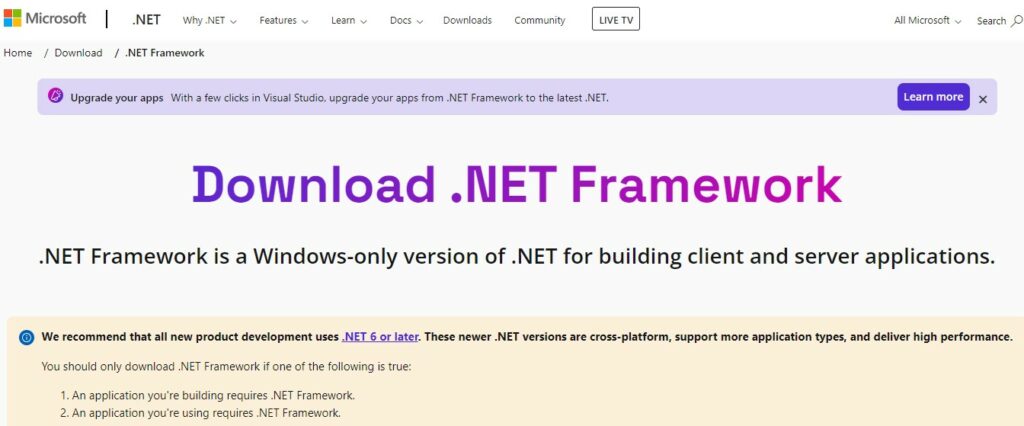
The .NET Framework is a robust, comprehensive development platform.
It allows you to build a variety of applications ranging from web to mobile to Windows-based applications.
The ecosystem is supported by Microsoft, ensuring high levels of compatibility and integration with Windows systems.
With .NET, you can leverage languages like C#, F#, and VB.NET, which provide powerful alternatives to Java’s capabilities.
7. Node.js
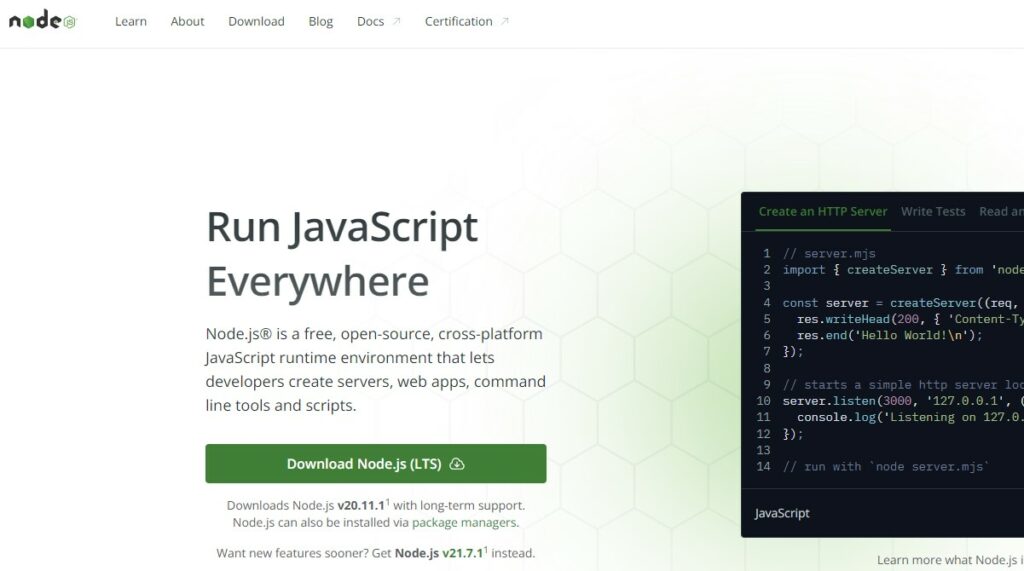
Node.js is a server-side JavaScript runtime environment that executes JavaScript code outside of a browser.
It’s particularly well-suited for building fast, scalable network applications.
Node.js uses an event-driven, non-blocking I/O model that makes it lightweight and efficient, perfect for data-intensive real-time applications that run across distributed devices.
It’s an excellent choice if you’re looking for high performance and ease of development for web applications.
8. Ruby on Rails
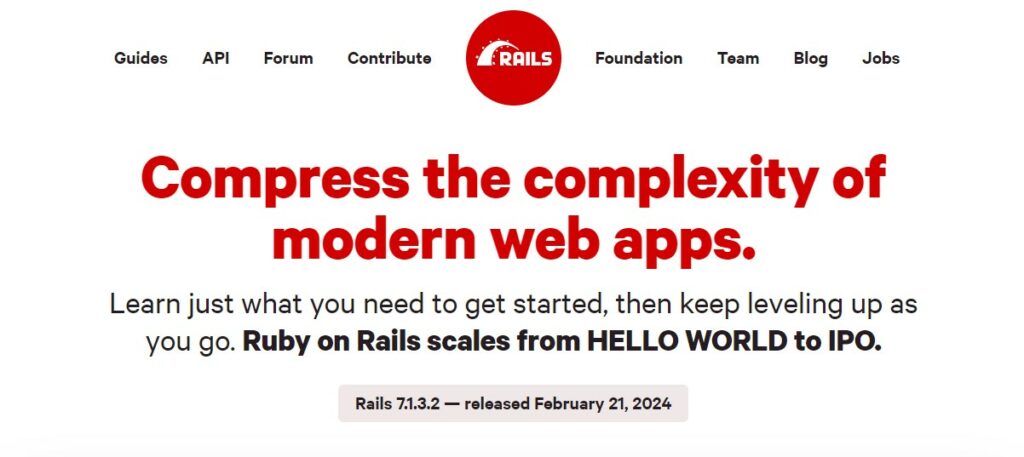
Ruby on Rails, often simply Rails, is a server-side web application framework written in Ruby under the MIT License.
It is a model-view-controller (MVC) framework, providing default structures for a database, a web service, and web pages.
Rails emphasize convention over configuration (CoC) and the don’t-repeat-yourself (DRY) principle, which enables you to write less code while accomplishing more than many other languages and frameworks.
It’s a great fit if you appreciate clear coding conventions and rapid development for web applications.
Integration with Other Technologies
When exploring alternatives to Java, it’s essential for you to consider how these languages and frameworks integrate with existing technologies.
This understanding ensures smoother transitions and enhanced functionality in your development process.
Interoperability with Java
Languages like Scala offer interoperability with Java, meaning you can utilize existing Java libraries and tools in your Scala projects.
Adopting Scala doesn’t require abandoning Java’s ecosystem; both can coexist, allowing you to leverage the strengths of each.
Support for Web Development
Frameworks like JSF (JavaServer Faces) are designed to integrate well with Java EE for web development, offering built-in Ajax support for dynamic applications.
If you’re looking for a tool that marries Java with modern web technologies, consider something like JHipster.
It integrates Spring Boot with front-end frameworks such as Vue, Angular, or React.
Mobile Application Development
When your focus shifts to mobile, technologies that dovetail with Java become crucial.
You should look for solutions that offer seamless integration to streamline your mobile development.
Transition Considerations
When considering the move from Java, it’s important to review various aspects such as the ease of migration, learning curve, and cost implications to make an informed decision.
Migrating from Java
When you’re planning to migrate from Java, the first step is identifying the compatibility of your codebase with your preferred Java alternative.
If you’re considering Go, remember, it can be beneficial for applications where concurrency and simplicity are paramount.
Meanwhile, Scala could be a strategic fit for projects requiring a blend of functional and object-oriented programming.
- Migrate incrementally to alleviate risk.
- Prioritize components that will benefit most from the new language features.
Learning Curve for Developers
The transition to a new language entails a learning phase.
The complexity of this phase varies depending on the similarity of the new language to Java and your existing skill set.
- Go, with its straightforward syntax, may be easier to grasp for developers accustomed to Java’s verbosity.
- Scala offers more complex features like advanced concurrency options, which might require more intensive study.
Cost Implications
Switching languages comes with direct and indirect financial considerations.
You will need to account for potential training expenses and the time cost during the transition period, which may impact development velocity.
- Analyze the long-term benefits versus the short-term training costs.
- Consider open-source languages to minimize licensing fees.
Key Takeaways
When scouting for Java Alternatives, you have several options to consider based on your project needs:
Scala: Offers a balance between functional and object-oriented programming principles.
It is ideal for complex operations and big data.
Kotlin: Praised for its conciseness and readability.
Kotlin provides a safe, modern alternative with interoperability with Java code.
For different aspects of development, here’s a quick reference table:
| Feature | Languages |
|---|---|
| Conciseness | Kotlin |
| Functional | Scala, Kotlin |
| Interoperability | Kotlin |
| Syntax | Scala (expressive) |
Remember:
Scala brings an expressive syntax that excels in concurrent programming tasks.
Kotlin simplifies the codebase with null-safety, extension functions, and data classes.
This makes it a strong candidate if readability and maintainability are priorities.
If you’re experienced in Java or just beginning to explore other languages, these alternatives can offer fresh perspectives and potentially more efficient ways to tackle your programming challenges.

